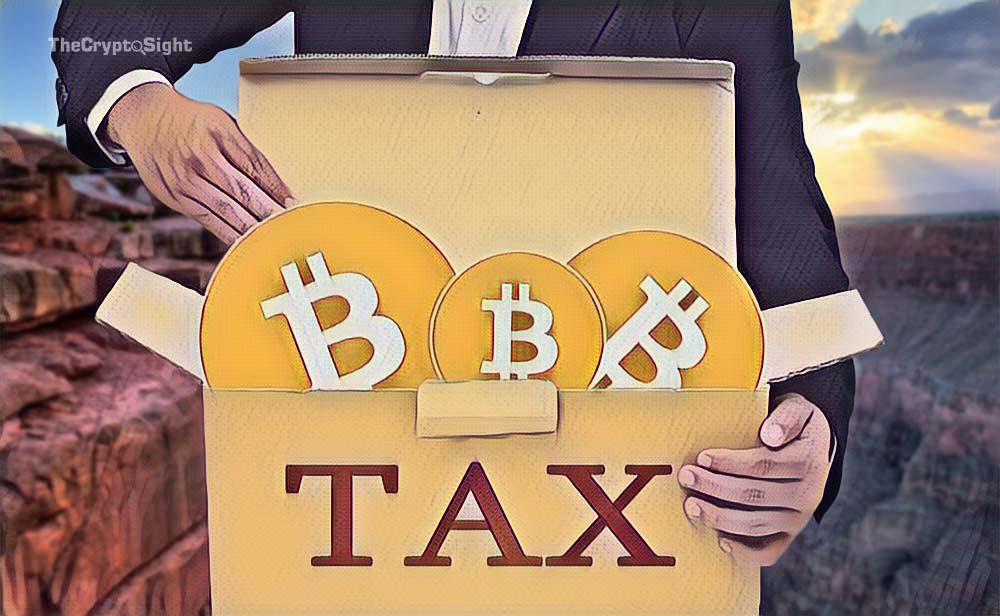
Crypto-focused transactions are not included in the tax exemption specifically for like-kind exchanges, as clarified by the US IRS.
Officially announced by the US department, the like-kind exchange principle does not provide any permission to US citizens to delay their duty of fulfilling tax-related requirements, even prior to the tax overhaul 2 years ago.
Suzanne Sinno – attorney for the IRS Office of the Associate Chief Counsel – shared her perspectives, regarding the tax schemes on crypto in the US, during the American Institute of CPAs conference held in Washington. Sinno has been involved in the making of the freshly-introduced IRS digital coin guidance, in effect starting October 2019.
Under U.S. tax law, a like-kind exchange – also known under the name 1031 exchange – allows an investor to “defer” paying capital gains taxes on an investment property when it is sold, if another “like-kind property” is purchased with the profit gained by the sale of the first property.
Although taxpayers has not been authorized to crypto-to-crypto sales as like-kind since 2018, the regulatory guidance for this matter appeared uncertain in prior time, especially in the 2017 tax overhaul.
Judging from the remarks by Sinno, it is clear that U.S. taxpayers are not allowed to use the principle, exclusive for like-kind exchanges, for crypto-to-crypto trading activities, in an attempt to avoid fulfilling their tax requirements for more revenue.

Comments